Writing
Yiddish: Women's Participation in Eastern European Yiddish Press (1862-1903)
The development of the Yiddish press allowed Jewish women to move from the domestic into the public sphere and to be part of public discussion about communities’ affairs, to acquire knowledge of other Jewish towns and world events, and to express themselves publicly in their own language understood by all. They wrote letters to the editor, stories and articles, and opinion pieces and practical instructions.
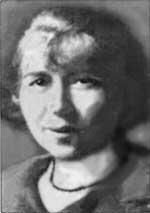
Yiddish: Women's Poetry
Women’s poetry in Yiddish first made its presence felt within the wider context of modern Yiddish culture in the late 1910s. Exploring topics from gender in Judaism to queer sexuality and eroticism, women’s Yiddish poetry cemented itself as its own literary corpus with priceless value and contribution to Yiddish literary culture.
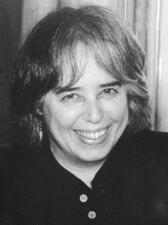
Jane Yolen
Jane Yolen is a Jewish-American children’s author, poet, and young adult novelist. Yolen has written more than 400 books for children and adults, including the children’s book series How Do Dinosaurs Say Goodnight? and the young adult Holocaust novella The Devil’s Arithmetic.
Yudica
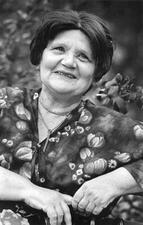
Zelda
An acclaimed and widely beloved Hebrew poet, Zelda’s work was utterly unique, conforming to no one school of Hebrew poetry. Her six books of mystical-religious verse were bestsellers, demonstrating that, while her poetry frequently referenced classical Jewish texts, it was admired by Jewish Israelis across political and religious spectrums.
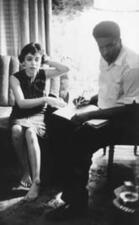
Dorothy Miller Zellner
Charlotte Zolotow
Writer and editor Charlotte Zolotow wrote over 70 children’s books. Her best-known story is William’s Doll, which was produced as a short film and as a song for the popular children’s album Free to Be … You and Me. Some of Zolotow’s books approach difficult topics such as gender roles, death, single parents, and conflict.
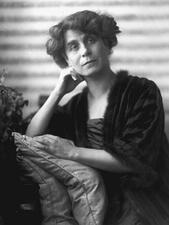
Berta Zuckerkandl
Miriam Shomer Zunser
Miriam Shomer Zunser, journalist, playwright, and artist, was an important promoter of Jewish culture in America during the period before World War II. Born in Odessa in 1882, Zunser left a strong legacy in the Yiddish literary world and in the world of Jewish activism and organization.
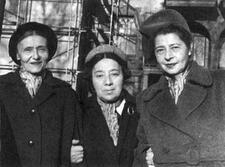
Rajzel Zychlinski
Rajzel Zychlinski’s poetry was shaped by the hopes and horrors of the twentieth century. She lived in Poland, the Soviet Union, France, and the United States, and was fluent in five languages, but for over seventy years she wrote only in the one idiom that was truly hers: Yiddish.
Krystyna Zywulska
Born Sonia Landau in 1918, Krystyna Żywulska escaped the Warsaw Ghetto, hid as a Christian, and helped other Jews in hiding. Even after the war, she hid her Jewish identity, until she eventually published an autobiographical novel in 1963.


